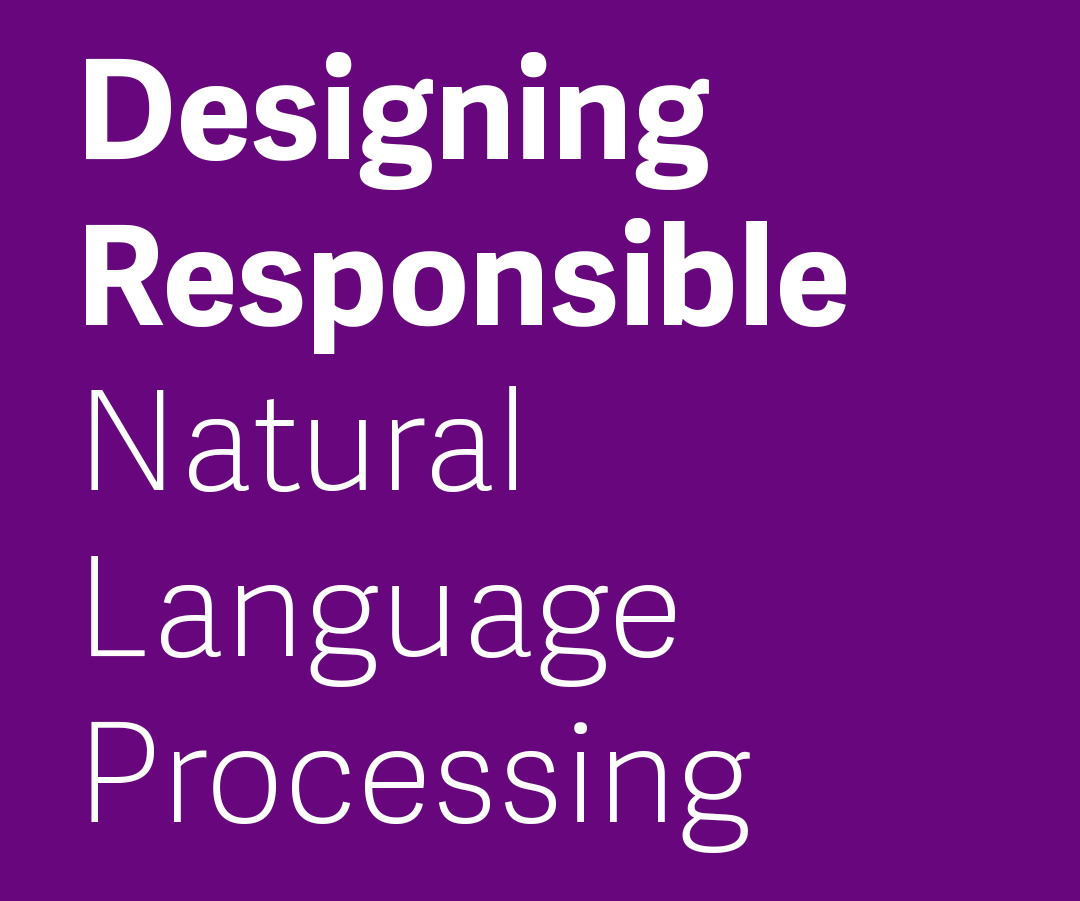Kimberley Paradis

Email: kimberley.paradis@ed.ac.uk
Research keywords: Community-Based NLP, Material Methods, Queer & Feminist Design
Personal website: https://kimberleyparadis.github.io/
Bio:
Kimberley holds a BASc in Computer Engineering from the University of Ottawa (Canada), where she was active in makerspaces and outreach initiatives. Prior to starting her PhD, her early research included projects on technology-facilitated gender-based violence, Queering cybersecurity, and AI governance from civil society perspectives.
Outside of academia, Kimberley spent five years working for the Government of Canada, where she used strategic foresight to examine emerging technologies and advised on privacy and security for digital services. She remains engaged with grassroots organisations such as the Community-Based Research Centre in Vancouver and has chaired committees for the Ontario Society of Professional Engineers.
PhD research:
Kim’s research draws on feminist, Queer, and community-based design traditions to explore how people push back against language technologies. She uses craft, storytelling, and participatory methods to understand how people experience these technologies and to co-create alternative ways of interacting with them. Her research sits primarily within Human–Computer Interaction (HCI), design, and law.
Supervisors: Tara Capel, Lachlan Urquhart
